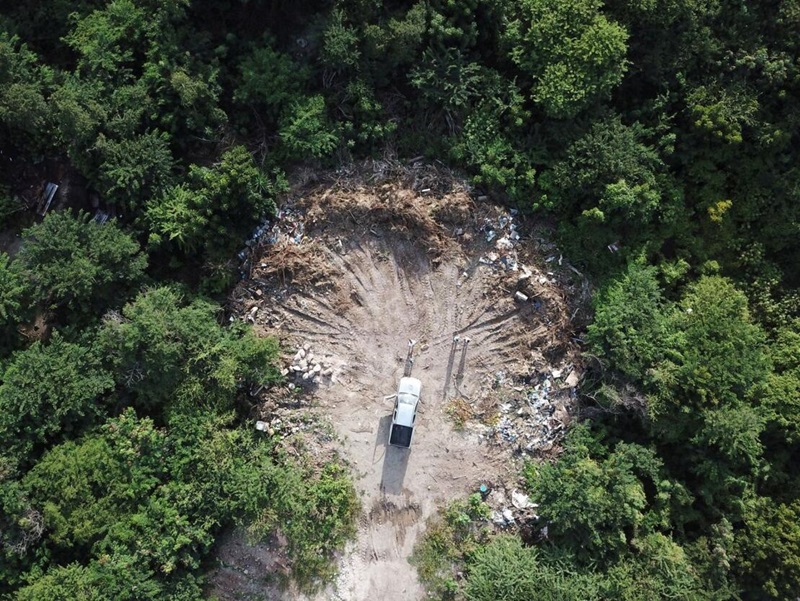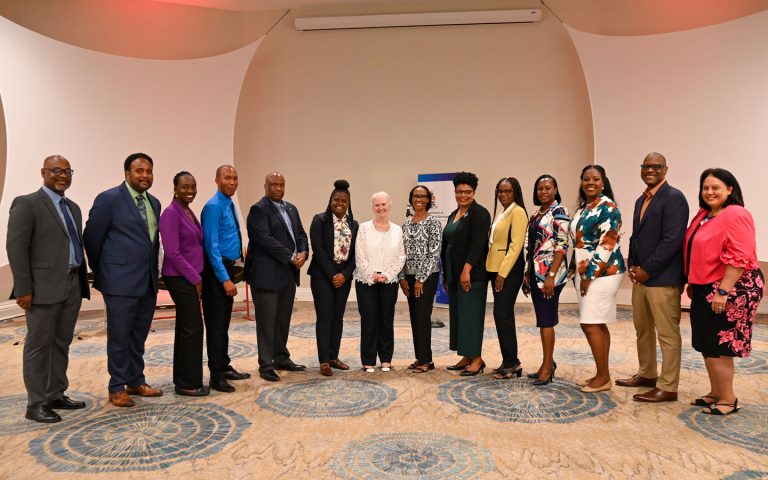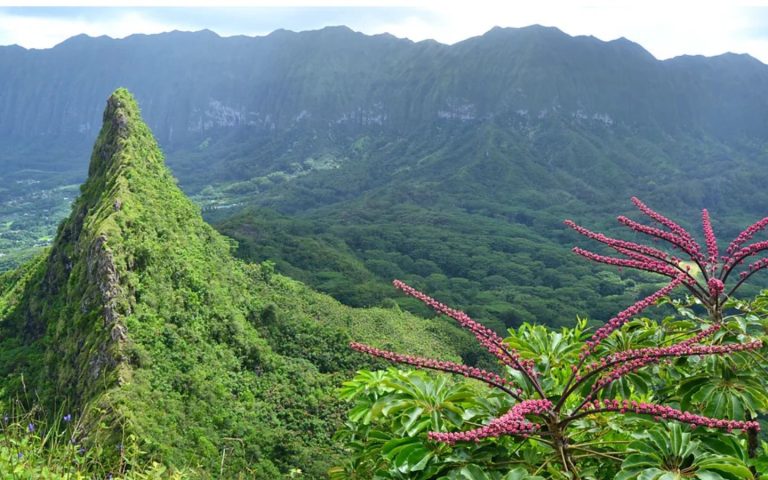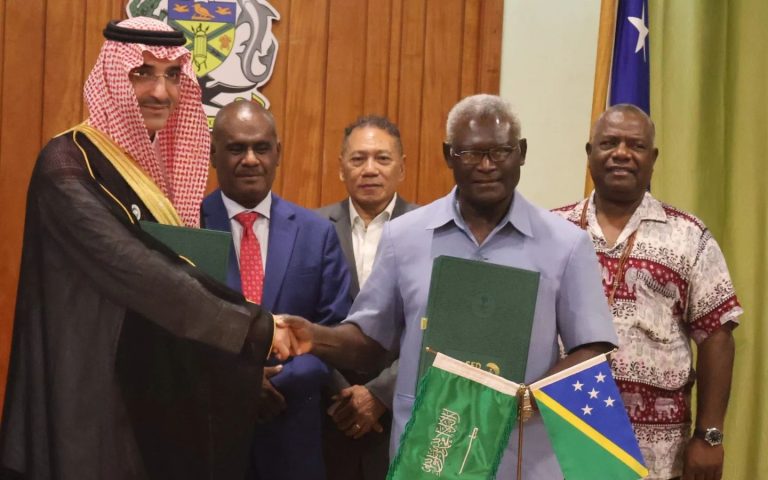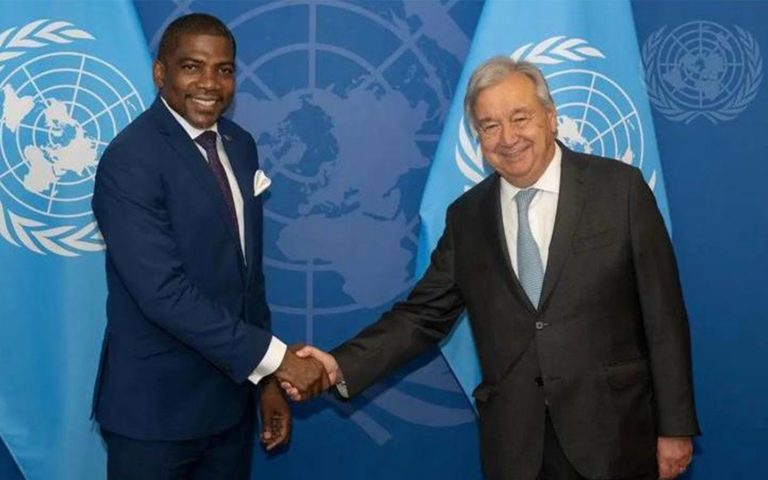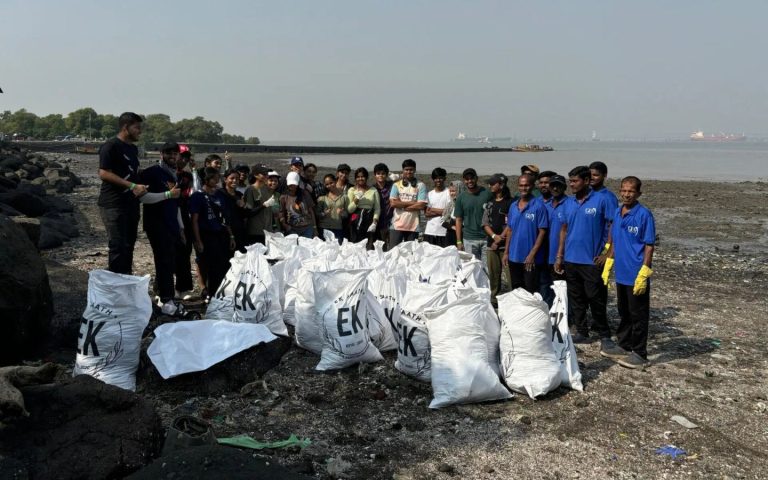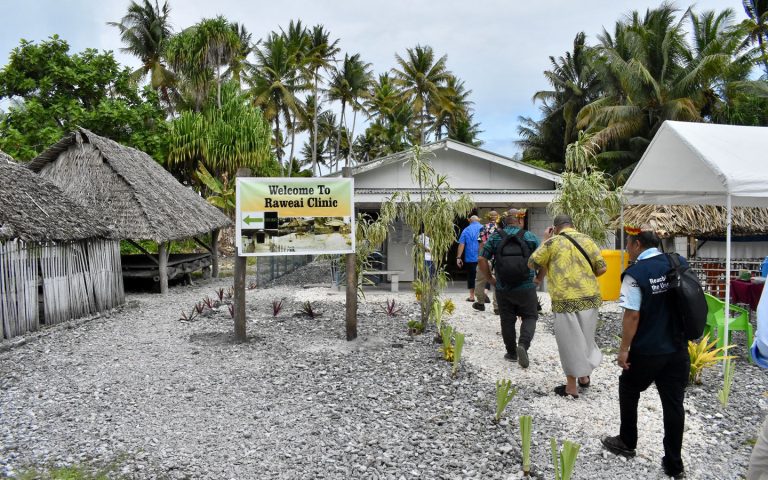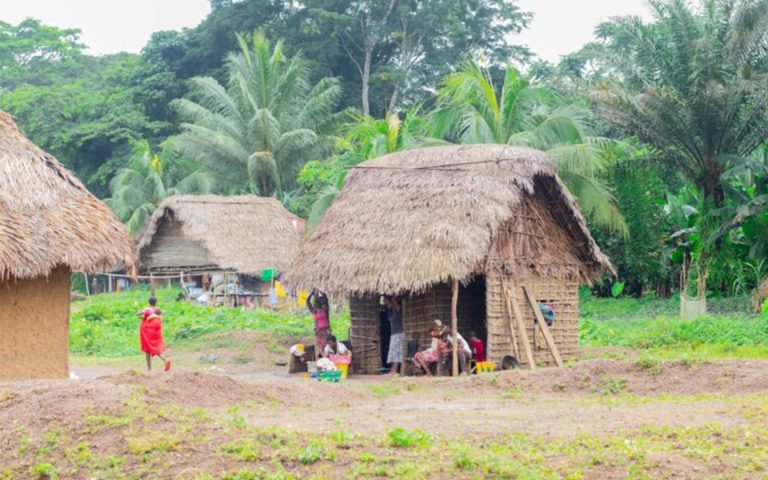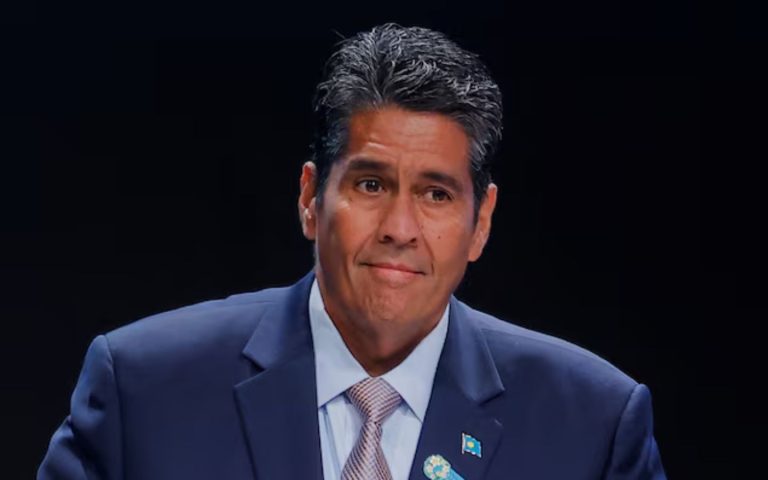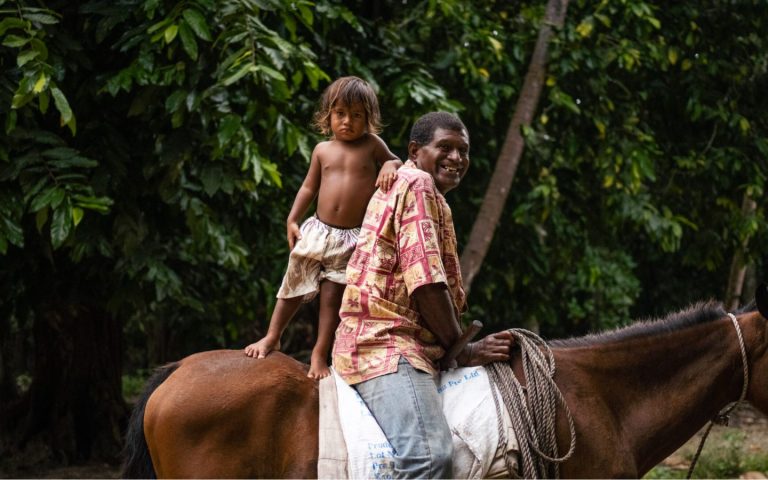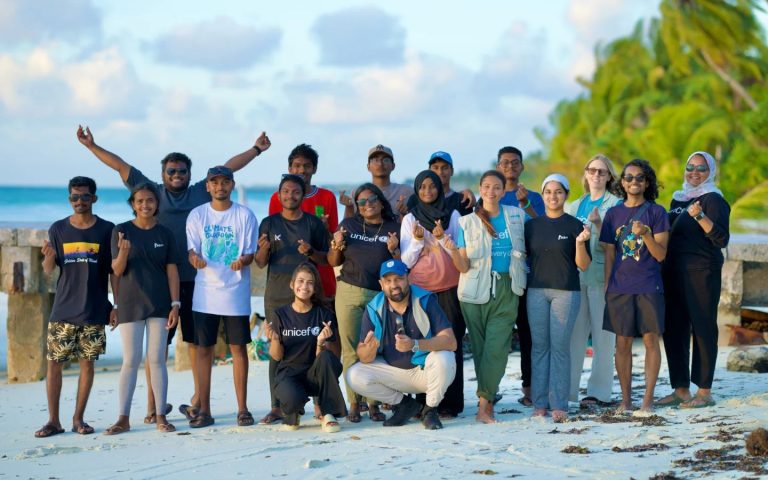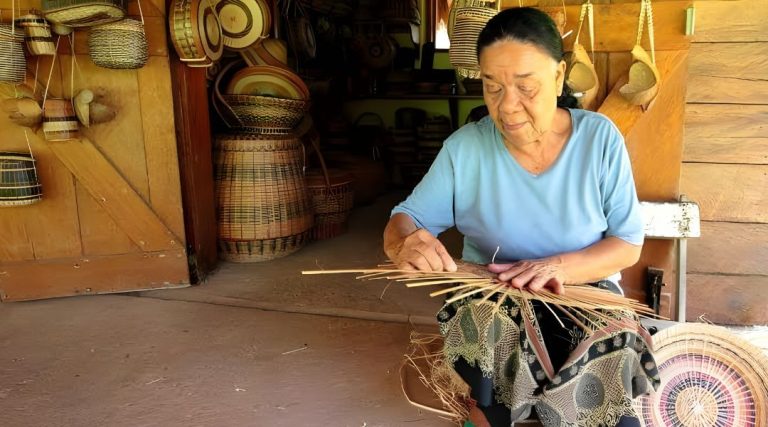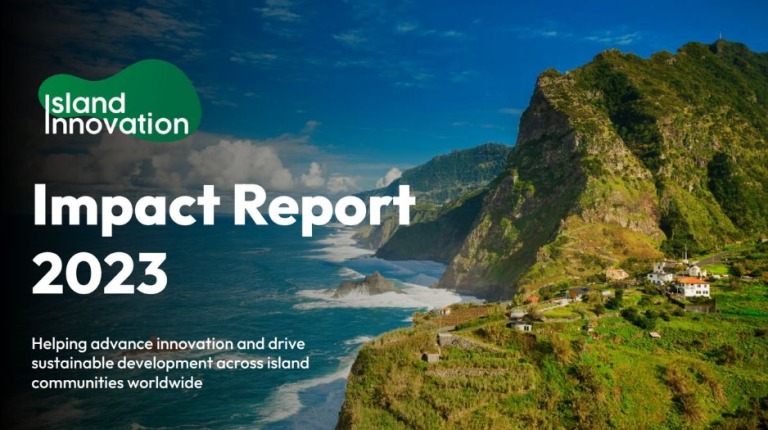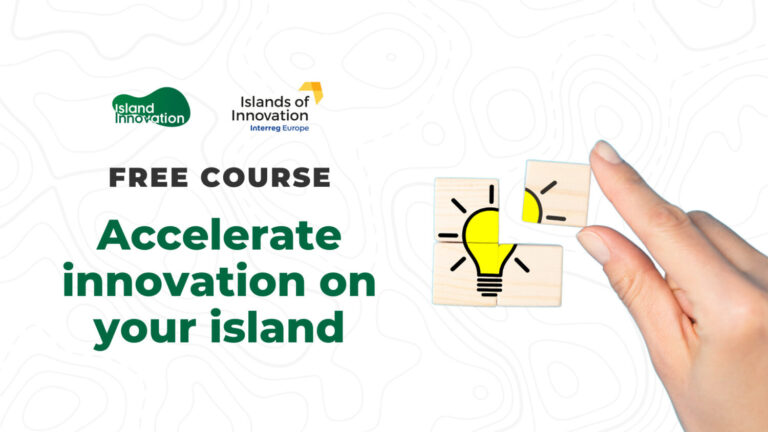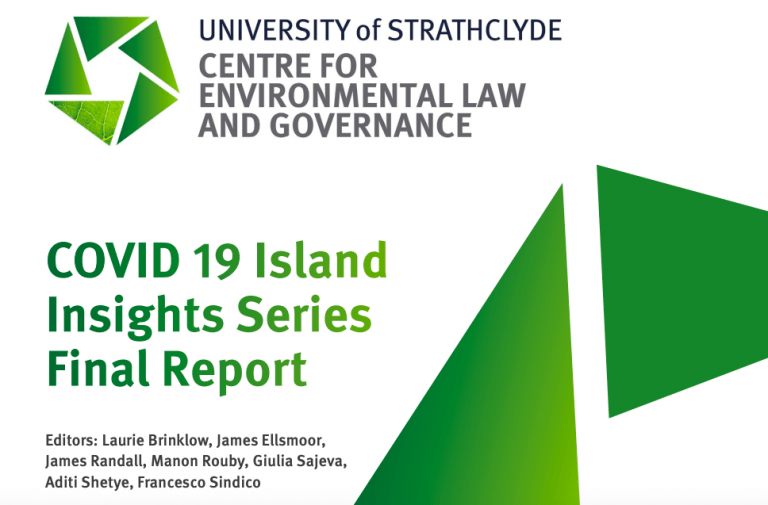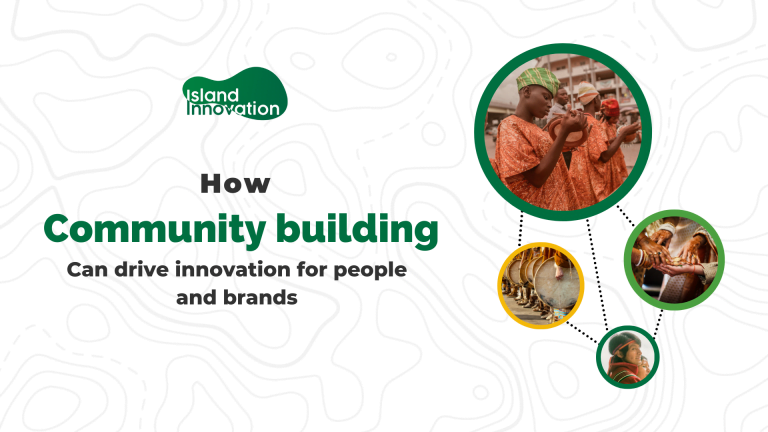PHOTO: @JOAO SOUSA/IUCN. Retrieved from iucn.org
Excerpt from iucn.org
Managing plastics, micro-plastics, and plastic waste effectively is a critical global issue. In 2017, plastic production surpassed 8.3 billion tonnes and has continued to grow annually. Packaging materials and single-use items accounted for 40% of this global plastic production, the majority of which is disposed of in landfills or the open environment. It is estimated that up to 13 million tonnes of plastic end up in the oceans annually.
The Caribbean islands, which constitute one of the world’s 35 biodiversity hotspots and one of the areas with the greatest endemic biodiversity on the planet, are severely threatened by plastic pollution. The World Bank estimates that the Caribbean coasts are contaminated with an average of 2,014 objects per kilometer, one-fifth of which are plastic bottles.
In this context, the Closing the Caribbean Plastic Tap project, a 2M€ initiative funded by the Italian Agency for Development Cooperation (AICS), aims at supporting the reduction in plastic waste generation and leakage in Antigua and Barbuda, Grenada, St. Lucia, St. Kitts and Nevis and Saint Vincent and the Grenadines, by implementing effective, socially inclusive solutions to advance circular economy.
On June 28th and July 10th, National Inception Workshops were held in Saint Lucia and St. Kitts and Nevis respectively, bringing together different stakeholders and partners at national level, and emphasizing the importance of mutual collaboration for the achievement of the project’s goal and outcomes.

